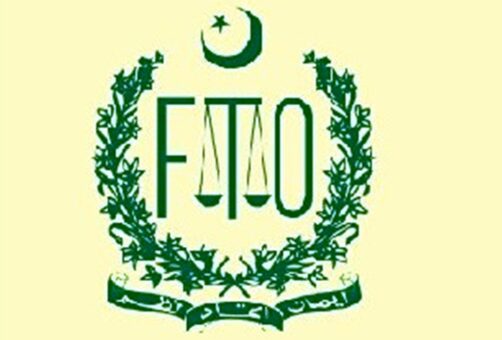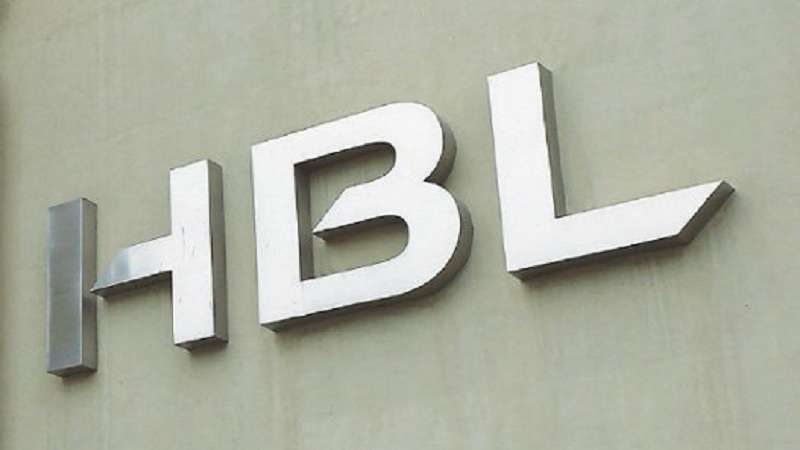Federal Tax Ombudsman (FTO) has issued directives to relevant authorities to ensuring timely completion and credit of rebates to exporters.
(more…)Tag: FTO
-

FBR directed to examine sales tax deduction on computerized arms licenses
ISLAMABAD: Federal Board of Revenue (FBR) has been directed to examine chargeability of sales tax on computerized arms license in the form of cards.
(more…) -

FTO recommends probe against Summit Bank in COO Omni Group case
Federal Tax Ombudsman (FTO) has recommended tax authorities to launch probe under Anti-Benami law against Summit Bank while disposing of a case lodged by a top official of Omni Group.
(more…) -

FBR’s Inland Revenue office makes recovery despite stay order
ISLAMABAD: An office of Inland Revenue of the Federal Board of Revenue (FBR) has disrespected the legal order by making tax recovery from a bank account of a taxpayer despite a stay order was granted to avoid harsh measure.
(more…) -

Highest number of banking complaints filed against HBL in CY22
Aggrieved with banking services, customers have filed the highest number of complaints against Habib Bank Limited (HBL) – the largest bank in Pakistan – during the year 2022.
(more…) -

Millat Tractors decides to file appeal against FTO order
KARACHI: Millat Tractors Limited (MTL) on Monday decided to file petition before the President of Pakistan against the decision of Federal Tax Ombudsman (FTO).
(more…) -

Former tax officer approaches FTO against delay in refund payment
A former tax officer of Inland Revenue, Federal Board of Revenue (FBR) has approached Federal Tax Ombudsman (FTO) against nonpayment of refund amount.
(more…) -

FTO directs fair treatment of salary taxation for temporary employees
Federal Tax Ombudsman (FTO) has issued instructions regarding salary taxation for temporary / adhoc employees and directed employers and tax authorities to deduct tax of such employees under Section 149 of Income Tax Ordinance, 2001.
(more…) -

Tax notice placement on IRIS is not valid service: FTO
In a case, the Federal Tax Ombudsman (FTO) has observed that mere placement of notice on the IRIS does not constitute a valid service.
(more…) -

Thousands of fake transactions discovered in taxpayer profile; FTO orders probe
ISLAMABAD: A taxpayer has discovered thousands of fake transactions in his profile. The taxpayer moved to the Federal Tax Ombudsman (FTO) for relief after disappointment from the tax authorities.
(more…)